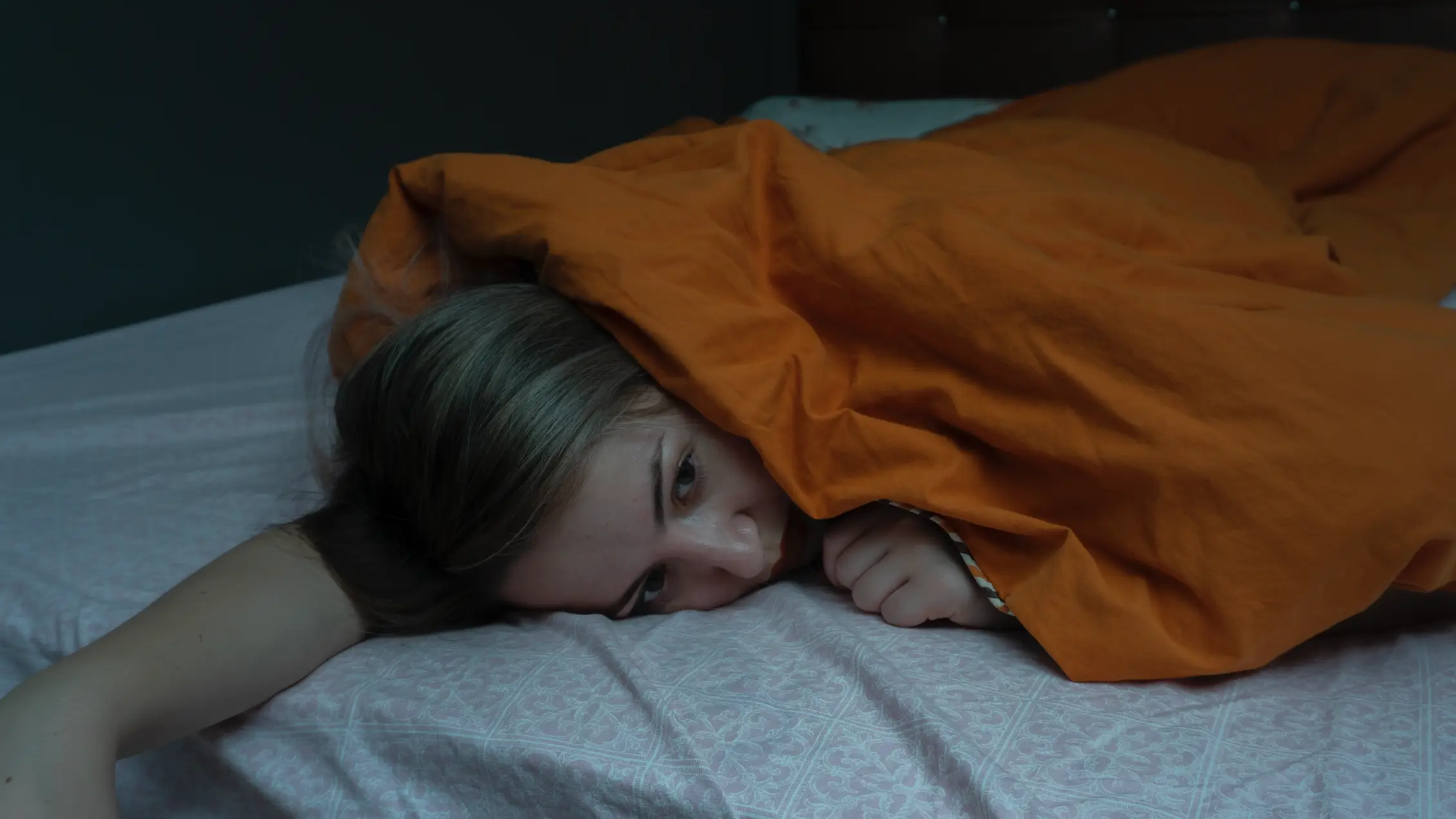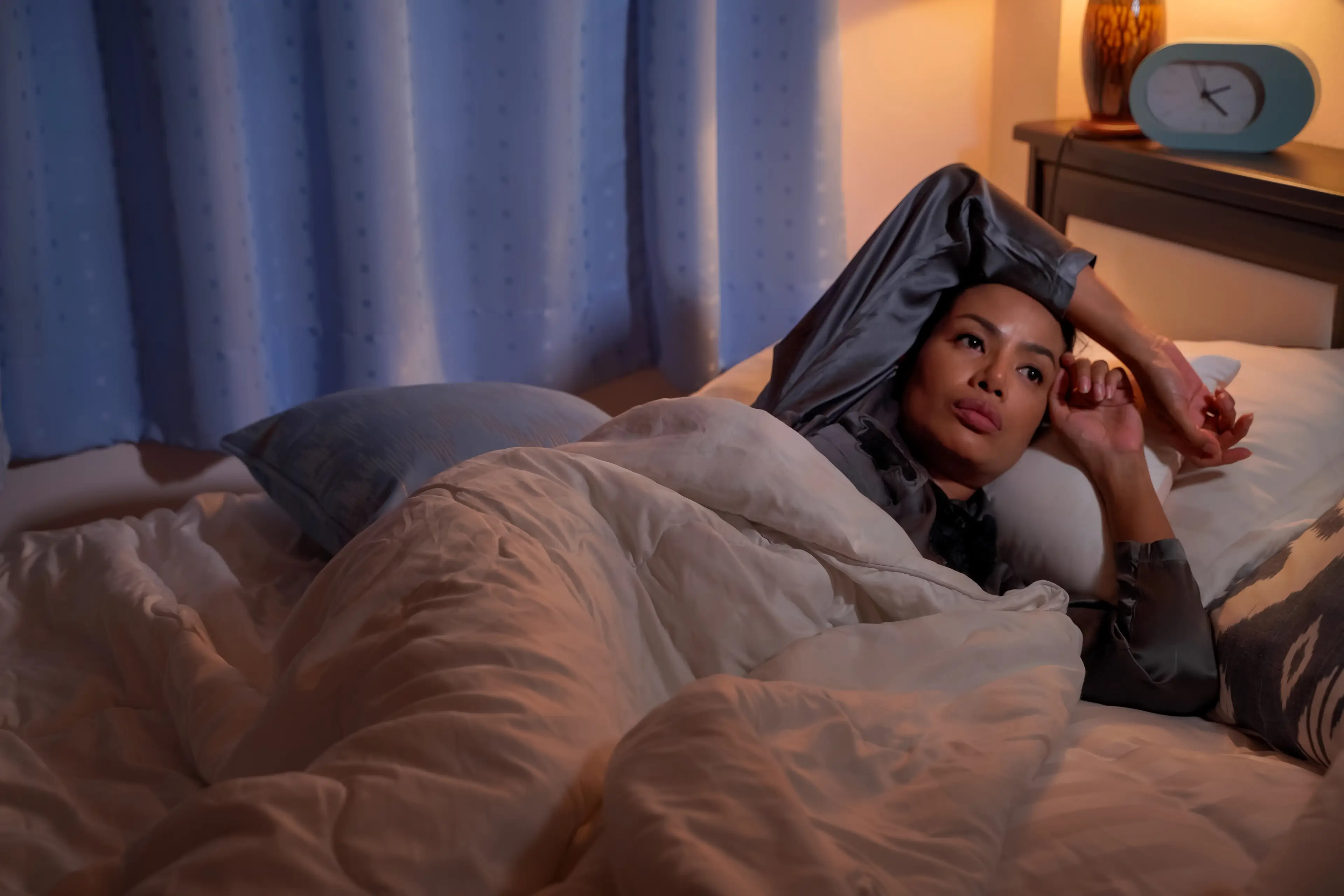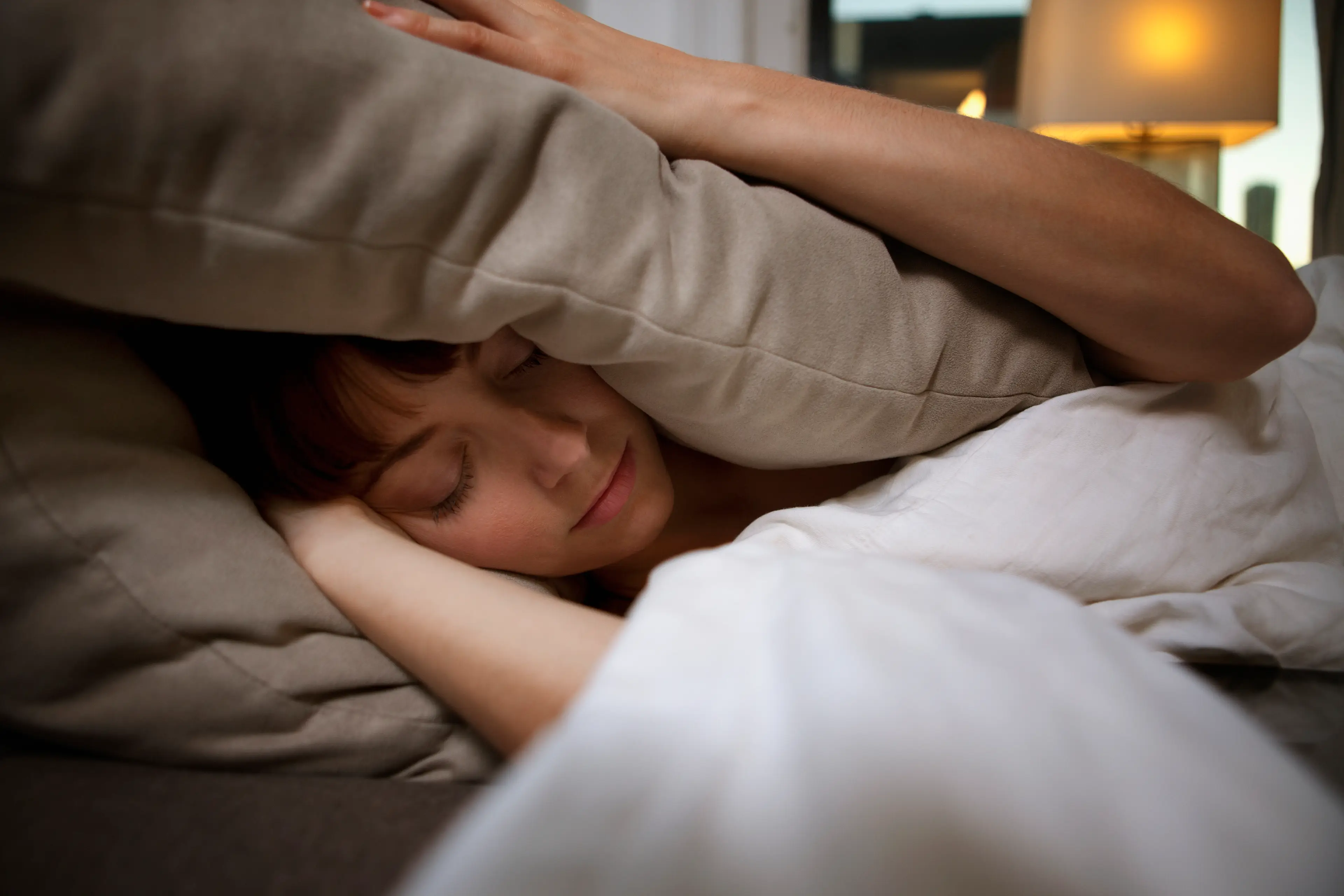
Ever awoken suddenly in the middle of the night, only to check your phone and discover it's sometime just after 2am? Or almost 3?
Well, apparently, this exact phenomenon happens to countless sleepers across the globe each and every night, and oddly, between these exact same eerie hours.
In fact, this occurrence is said to be so common that doctors have been forced to issue their expertise on the matter, believing it's vital to seek medical advice before the involuntary bedtime habit takes hold.
Speaking to the press, recently live-in experts at Alderberry Care claimed that waking up at these ridiculous hours and being unable to drift back off to sleep again could indicate that something is wrong within the body.
Advert
More specifically, it could be a sign that cortisol levels - the body's central stress hormone - are up the wall.

"Our carers see the toll broken sleep takes," one representative of the care home explained. "Most of our elderly patients who wake around 2am will feel drained and less steady the next day.
"Insomnia and waking in the middle of the night are common in most older people, but we never treat it as ‘just normal’. We look for simple fixes and signs that mean a GP should be involved."
"It should be low in the middle of the night so the brain can move through deep sleep and REM," health educator Dr Eric Berg also told Birmingham Live. "Around 2am, many people are in slow-wave (deep) sleep.
"If cortisol rises then, it sends a wake-up signal."
This trigger, in turn, causes the heart rate to increase slowly, blood sugar levels to skyrocket, and the mind to suddenly feel more alert.
As such, this burst of energy throughout integral areas of the body can be so powerful as to drag someone out of their state of slumber and keep them wide awake for some time.

When asked for advice in tackling such a predicament, experts say 2-3am insomnia sufferers should implement a number of changes to their lifestyle that are aimed at keeping cortisol levels down.
This includes remaining physically active during the day by taking on endeavours like walking and gardening, both of which can help in knocking the body out in time for bed.
It's also recommended that individuals who are awake in the midst of these ungodly hours attempt to create a routine they're able to stick to, which would hopefully assist with getting to sleep and waking up around the same times each night.
This could also be helped by the setting of soft lighting in the bedroom when nighttime rolls around, possibly in combination with some relaxing music and a hot drink - both of which can help inform the brain that it's time to wind down.
Topics: Sleep, Life, Real Life, Life Hacks, NHS